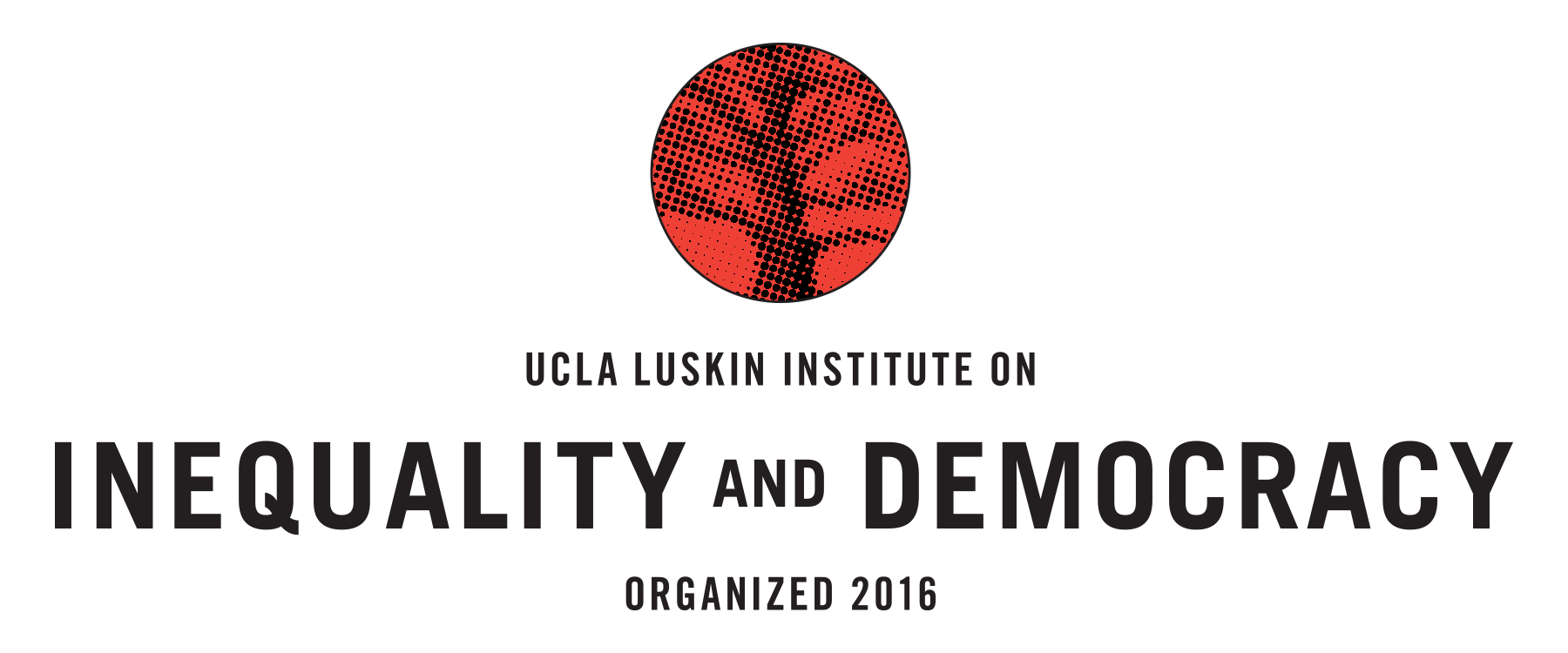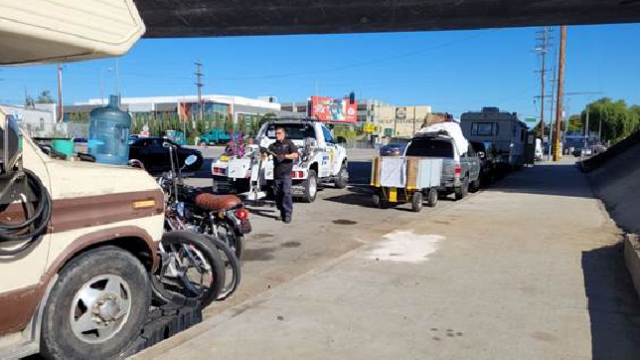For vehicle residents, LA Sanitation “sweeps” now come with towing (2023). Image credit: Peggy Lee Kennedy
Vehicle Residency Survey and Interview Project
Sam Lutzker, Sociology, UCLA and Venice Justice Committee
Mellon Foundation Scholar-in-Community Seed Grant Awardee 2023
Vehicle residency has been rising in popularity over recent years, leading to policy questions of what to do about “vehicular homelessness.” The problem with these questions, as asked by policymakers, media and various neighborhood stakeholders, is that they approach the phenomenon of vehicle residency with a variety of assumptions, from moral judgment of vehicle residents to material questions about what ought to constitute a home.
Formed with the Venice Justice Committee as a counterpoint to such dominant perspectives on vehicle residency, the Vehicle Residency Survey and Interview Project seeks to understand how vehicle residents themselves understand their respective situations. As such, while it is in part a project about homelessness, it is also one about the possibilities of the vehicle as a form of affordable housing. The project takes Venice, a gentrifying coastal neighborhood of Los Angeles that has become a hotly contested site of vehicle residency, as a starting point for its strategic analysis of vehicle residency and its governance. Study findings will be used not only to better understand vehicle residency as a phenomenon but also to hold government officials and service providers accountable for their actions.
…
Sam Lutzker is a PhD candidate in Sociology at UCLA. His dissertation is an ethnographic examination of the ongoing battles over vehicle dwellings in Los Angeles and beyond that will explain the contemporary policy landscape with an eye towards where we can go from here.
The Venice Justice Committee, led by organizer Peggy Lee Kennedy, is a coalition of community advocates, activists, attorneys, and unhoused people. They have worked for the civil and human rights of unhoused people for almost two decades and started using surveys as an advocacy tool in 2022 to center the voices of those directly impacted by policies rather than the usual voices of those creating them — nothing about us without us!




